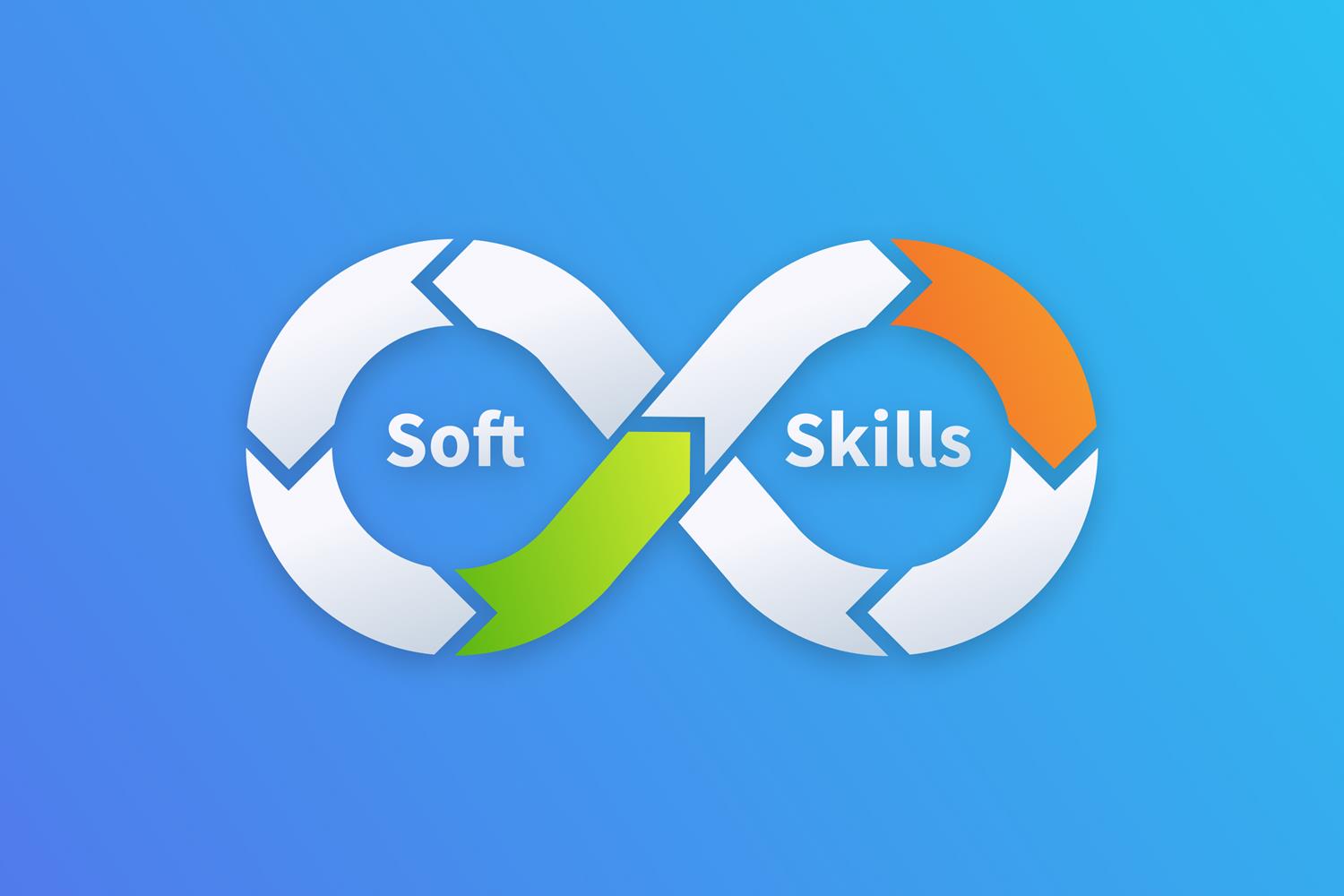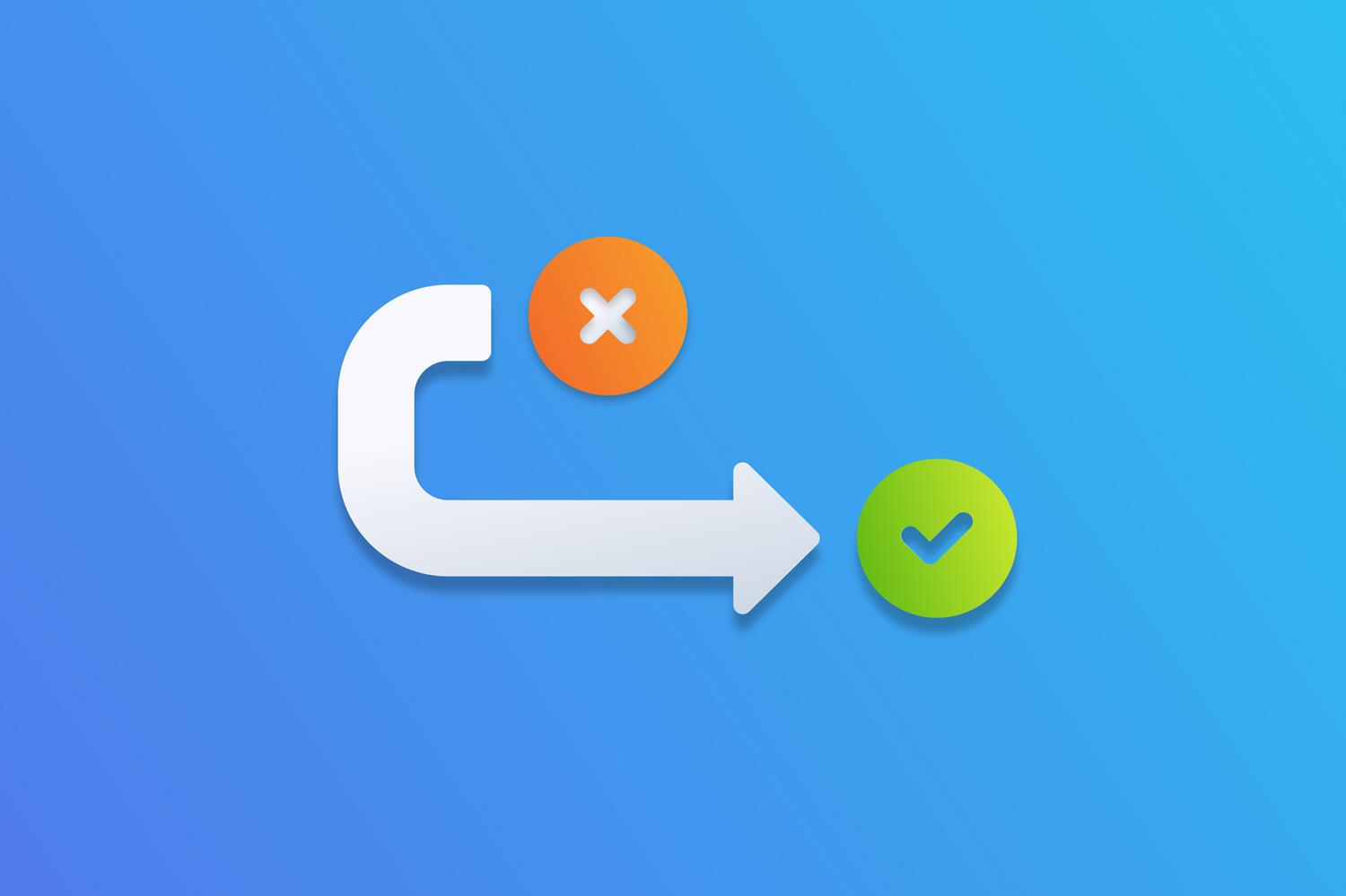The skills of IT professionals are divided into hard and soft ones. Hard skills are professional skills. Soft skills are the skills that enable the correct application of hard skills. So why are soft (agile) skills so important for DevOps specialists and how to develop them? EPAM Systems Engineer Viacheslav Kirichenko explains.
Why should I have immeasurable soft skills when I can set up or automate everything without them? I assume that soft skills are as important a tool for a DevOps specialist as the ability to deploy infrastructure or write code. Soft skills allow you to bring maximum benefit in the least amount of time, saving efforts and nerves. In this article, I will examine communication skills, planning skills, and English language skills. Let's explore them in order.
The ability to convey a message correctly
It is important to remember how you submit information. Your words can change the client's opinion about your colleagues and you, and, as a result, about the company as a whole. For example, you unintentionally remarked that your colleague left a vulnerability that you eliminated. In this case, you will undoubtedly be considered a good specialist. But with this statement, you crossed out the work of your predecessor. He likely had good reasons not to close this vulnerability.
You have to remember how you present information – the same thing can be said in different ways, and the effect of what is said will be appropriate:
I found another vulnerability in security and spent a lot of time fixing it. It's good that I did it – everything was clearly hanging by a thread here
With the help of my colleagues, we managed to find a previously undetected vulnerability, which we quickly managed to fix. Now our project has become even safer
Ability to ask and answer questions
I like the following dialogue as it is a good example of incorrect communication when a person makes assumptions and answers not the question they were asked:
Nighttime, a dark street. A man walks up to a passerby and asks:
— Excuse me, can you tell me how to get to the library?
— The library is closed at night.
When answering your interlocutor, ask yourself if you are answering the question you are being asked. The ability to ask the right questions is an art that you can study all your life. By asking the right question, you can not only get the right answer but also encourage action or cause the right emotion. A correctly formulated question will not allow the interlocutor to think it out or distort it. Before you ask a question say it to yourself. Do you feel uncomfortable with your question?
If you're unsure what they want you to do, ask, "What do you want me to do?" If you can't find the answer to what to do next or how best to act, ask a question. If you're not sure if you're being understood correctly ... you know what to do.
Ability to discuss and argue
The truth is born in dispute. Sometimes this phrase is misunderstood and associated with the word "to argue". And "to argue" means "to object", "to fight", "not to concede", "to insist". This path obviously leads to conflicts.
Discussion is debate, consideration, and research to reveal the truth. Start any discussion with a thought: "I admit that I might be wrong, but I have an opinion (idea, assumption)." Be attentive to other arguments, and opinions and be able to highlight the main thing.
Ability to analyze facts
There is always a chance that you do not know or do not see the whole picture. The human brain makes decisions based on facts and speculations. Your decision is likely different precisely because you have different quality and quantity of facts. If possible and necessary, start with checking and updating the facts, and then discuss a possible solution.
Do you often have a situation when you don't understand someone's decision and get angry? Before you condemn a decision think about the fact that there may be something you might not know. If you did, you would have made the same decision.
Planning skill
The human brain can hardly hold two things in its head, spending a great deal of energy switching between them. Do you ever have a day when you’ve done something, and you’ve done nothing? Maybe you’ve been switching tasks all day, got tired, and did nothing. It all depends on the volume, the complexity, and how familiar you are with the task. There are also a lot of external distractions. How do we avoid that? There are many ways to avoid that, so I’ll just focus on two ones.
Calendar
A calendar, for example, in MS Outlook or Teams, is your friend and savior. Allocate time in advance (for the next two to three days) for specific tasks. And the slogan is not "I'll start, and then I'll figure it out," but "I'm working on this task for exactly an hour from noon to 1 p.m. without being distracted by any other tasks." If you feel that you are forced to switch to another task as soon as you start the current one, do not consider it "partially completed". Feel free to transfer the time allocated for the task to another time slot. And be sure to plan time for short breaks.
Pomodoro
A famous assistant in managing your own time. If you don’t know about this technique, try it here. The point is to set cyclic timers:
- 25 minutes of work without interruption.
- Five minutes rest.
- Then work again for 25 minutes.
- Repeat several cycles.
- Take a 20-minute break.
- Back to 25 minutes of work without interruption.
By the way, when executing one task you have an idea related to another task, write it down in a notebook, a file, or a comment. So, you will leave a "hint" for the brain. It will definitely catch on and come back to this idea when you are engaged in the task in the time allotted for it.
Order in time management is a great opportunity to save nerves, increase productivity and enjoy work.
The ability to stop in time
Just as it can be hard to start doing something, it can be hard to stop. Either you get carried away, or you don't know where the task ends.
First, if you don't have a clear understanding of what is required of you—ask. If you don't understand why you are being asked to do something – ask. You think it would be better to do the task differently – ask or suggest. It's better to talk for five minutes than to do the wrong thing for several days.
Pareto Law
Second, remember Pareto law: 20% of your efforts produce 80% of the result, the remaining 20% can only be achieved with the remaining 80% of your efforts. You may have exceeded the 20% threshold if you:
- You realize that you spend more time on the task than you expected.
- See that those for whom you perform the task do not give feedback on the results.
- Feel that the results you achieve in one task do not satisfy you.
Try to stop in time and ask yourself, "Does my work bring the same result now as before?" If not, stop and ask. When you cross the threshold of 20% effort, you need to think and discuss the next steps within the current task.
Definition of Done
Third, use the Definition of Done (DoD). It is useful even for a small task to prescribe or spell out the conditions under which it will be considered completed. When you have a DoD, you always know where the task ends, which means you can calculate your time more accurately.
English Language Practice
Why should I practice English if I can understand what I'm being told and communicate my thoughts to my interlocutor? Knowledge of the language is not only about the ability to convey a thought but also about the ability to understand the mood, emotions, hear the subtext, feel the general mood. In the case of conversational skill, you cannot just say what you think, but also comfort or gladden. In addition, constant practice, and improved understanding of the subtleties of the language will help you formulate your thoughts more accurately, and thus lead to saving time – yours, and the interlocutor's. With English, the only recommendation is to practice in any form.
Soft skills are the same tools of a DevOps specialist as programs. Soft skills allow you to clearly understand what exactly needs to be done, how and when, and help you save the most valuable resource – time.








